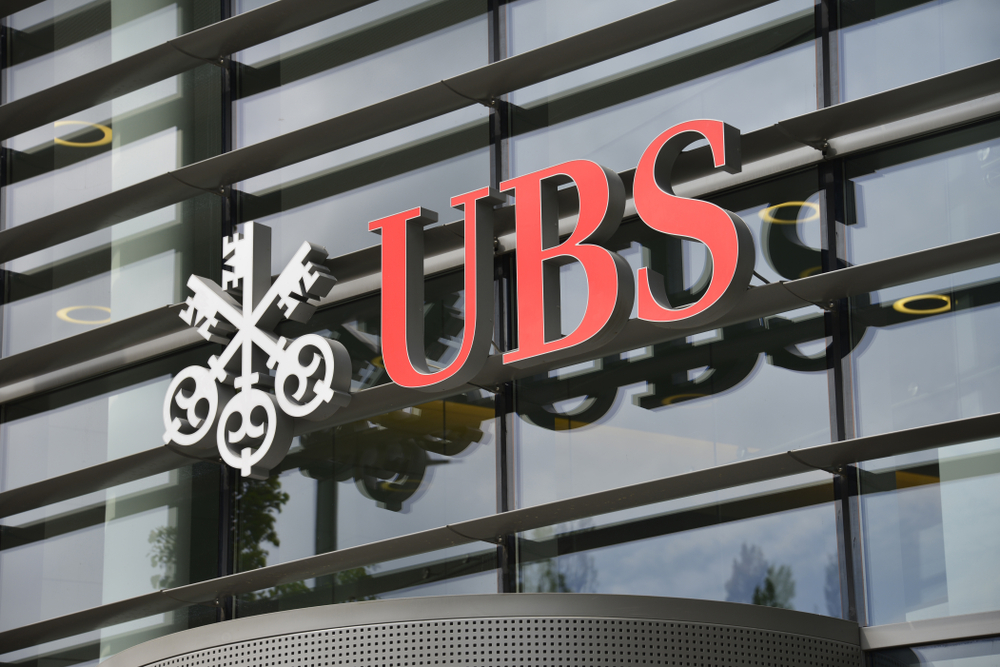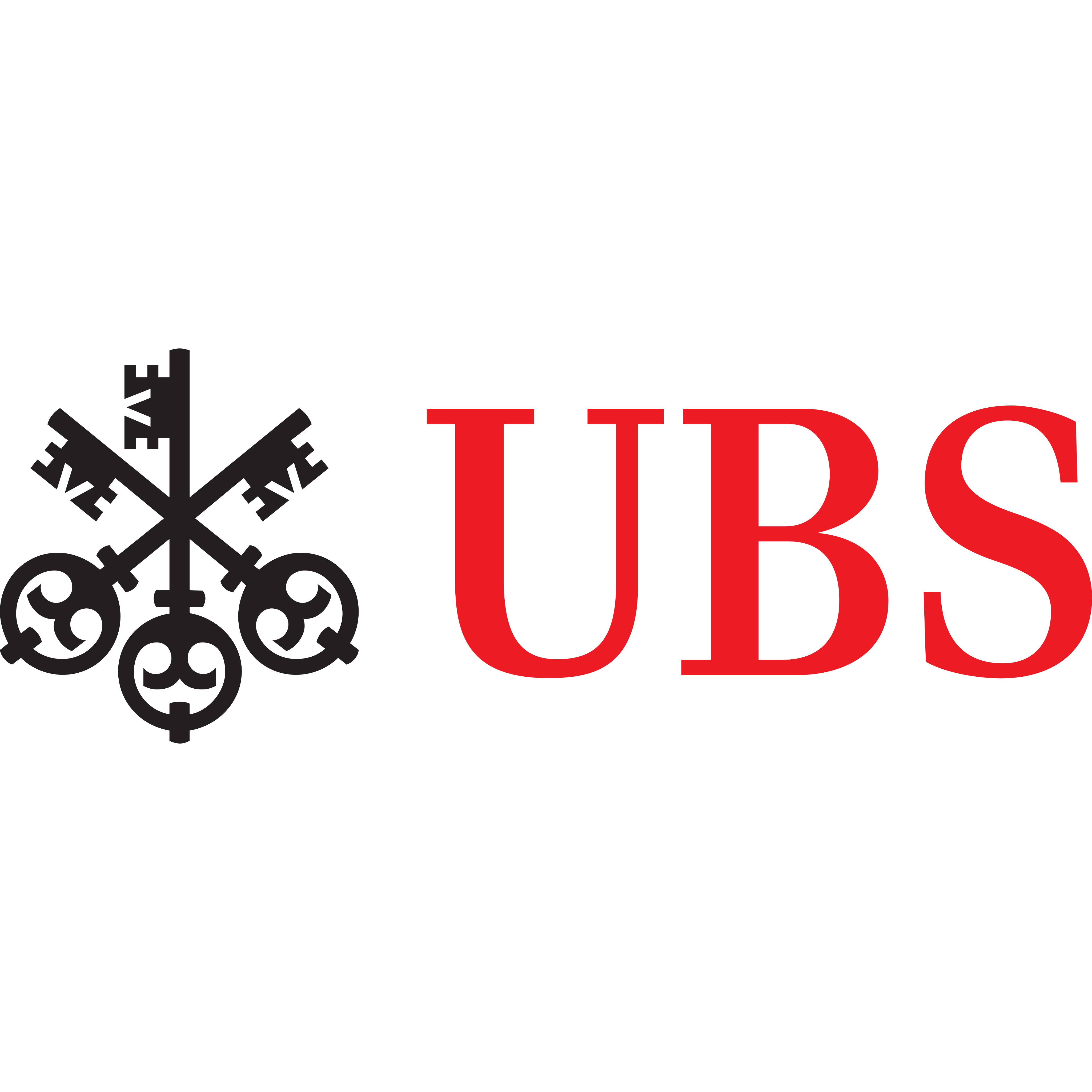UBS has formally acquired former rival Credit Suisse in a move that creates “one Swiss global firm” in banking.
The news comes less than three months after talks were started by the Swiss Federal Department of Finance, Swiss Financial Market Supervisory Authority (FINMA) and Swiss National Bank (SNB) to rescue 167-year-old Credit Suisse from collapse.
UBS said the transaction marks “an exciting and challenging new chapter in our history”, which has seen over 370 financial institutions come together to create UBS in its current form.
The Swiss banking giant said it is focused on a “smooth and transparent” transition for all involved, with a dedicated webpage acting as a single source for all updates related to the acquisition.
Colm Kelleher, chairman of the board of directors at UBS, said: “We are now one Swiss global firm and, together, we are stronger.
“As we start to operate the consolidated banking group, our top priority remains the same: to serve our clients with excellence.”
Sergio Ermotti, CEO of UBS, added: “Credit Suisse and UBS unite as we embark on the next chapter of our joint journey.
“Together, we will create a bank that our clients, employees, investors and Switzerland can be proud of.”
The news comes after a string of news that made Credit Suisse untenable as an independent entity.
On 15 March, key investor The Saudi National Bank refused to offer $1bn of additional support after the Swiss bank confirmed it had “material weaknesses” in its reporting and control procedures.
The company’s share price collapsed 30% in a day after already falling 85% over the preceding five years. As the market priced in a 40% probability of default, the SNB offered a $54bn emergency loan.
Two days later it was revealed $450m had been withdrawn from Credit Suisse managed funds in two days and Société Générale and Deutsche Bank were among four banks imposing restrictions on new trades with Credit Suisse.
UBS then agreed a conditional $3.25bn acquisition of its rival on 19 March, valuing it at 99% below its all-time-high share price in 2007.
Kelleher said at the time: “As far as Credit Suisse is concerned, this is an emergency rescue”.
The SNB provided a $107.8bn liquidity loan to support the buy-out while the Swiss government provided a CHF9bn guarantee to cover potential losses.
The main controversy came from an agreement to cancel $17bn of Credit Suisse additional tier one (AT1) bond issuance, ranking investors in the fixed income securities lower in seniority than equity investors who were ‘made whole’.
The write-down of the bonds to zero saw investor groups representing a third of the total issuance bring lawsuits against FINMA by the end of April.
Thomas Werlen, managing partner at Quinn Emmanuel Urquhart & Sullivan, a law firm representing one group of investors, said: “Finma’s decision undermines international confidence in the legal certainty and reliability of the Swiss financial centre.”
The Swiss federal prosecutor has commenced an investigation into the acquisition of Credit Suisse.





